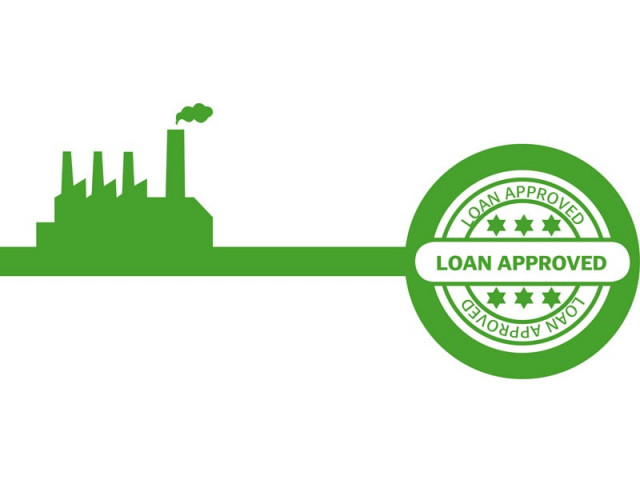Power through: ADB approves funds for Jamshoro plant
Board votes in favour of Pakistan despite opposition from Washington.

The project will have an installed capacity of 1,320 megawatts (MW) and will add 1,200 to the national grid.
Despite opposition by the United States (US), the Asian Development Bank (ADB) has approved a $900-million loan for converting the Jamshoro Power Plant to a coal-fired one, giving a boost to the government’s efforts to improve the energy mix.
According to sources, hectic diplomatic efforts, launched by Finance Minister Ishaq Dar, saved the day for Pakistan after the US had indicated its opposition to the deal to the ADB’s Board of Directors. The US cast its vote against Pakistan, the sources said.
However, Canada, Germany, Australia, New Zealand and Japan cast their votes in favour of Pakistan.
The loan was approved by the ADB Board of Directors, according to Ministry of Finance. The project will have an installed capacity of 1,320 megawatts (MW) and will add 1,200 to the national grid.
The new plant will generate electricity at a lower cost, saving about $535 million per year on fuel imports compared to oil-fired power plants.

Three-fourth of the board voted in favour of the loan, the finance ministry said. Dar also thanked the ADB and countries that supported Pakistan’s proposal, it added.
The previous government had initiated the process of converting and running the power plant on imported coal.
However, the PML-N government plans to construct coal power plants at Gadani with a total capacity of 6,600 MW as part of its policy of producing electricity on cheaper fuels like coal, Dar stated.
According to the ADB, out of the total sum of $900 million, an amount of $870 million will be at a higher interest rate while $30 million will be at a concessional one. The Islamic Development Bank will also provide $150 million, while $450 million will be arranged by the government, to meet the total estimated project cost of $1.5 billion. The ADB said that project is expected to be completed by December 2018.
While the ADB approves the loan, the Pakistani authorities have yet to sort out the actual price. After the Ministry of Water and Power overestimated it at $2 billion (Rs220 billion), the federal government had constituted a committee to review the cost, which had originally been estimated at $1.5 billion (Rs165 billion).
The ADB said that in order to address environmental concerns, it will employ state-of-the-art emission control equipment resulting in cleaner emissions than the existing heavy fuel oil-fired generators and subcritical boiler technology which is more commonly used.
Before approving the loan, the ADB had pressed Pakistan to agree to using imported bituminous coal for 80% of the plants fuel requirement, and Thar coal which is lignite and has a low heating capacity for the remaining 20%.
It said Pakistan only has 19% of the global average for carbon dioxide emissions per person and has only one coal-fired power plant in operation generating 0.7% of the generation mix.
Recycling ash from the plant will also save about 115,000 tons of carbon dioxide per year.
The electricity generated from the plant will replace generation from small individual oil and diesel generators which is expected to save a further 503,000 tons of carbon dioxide per year.
Acute power shortages of up to 20 hours a day have crippled economic growth and are contributing to unemployment and social unrest across Pakistan, said Klaus Gerhaeusser, Director General of ADB’s Central and West Asia Department. He said there was an urgent need for more affordable and dependable sources of power and this unit will generate an additional 600 MW of electricity for the national energy mix.
The country’s energy crisis has led to a sharp reduction in investment, hurt industry and small businesses, and in 2012 lopped an estimated two percentage points off annual gross domestic product. The rising costs of imported fuel oil – which accounts for over a third of the country’s energy generation – are also putting an increasingly unsustainable burden on national finances, said the ADB.
Published in The Express Tribune, December 10th, 2013.
Like Business on Facebook, follow @TribuneBiz on Twitter to stay informed and join in the conversation.



















COMMENTS
Comments are moderated and generally will be posted if they are on-topic and not abusive.
For more information, please see our Comments FAQ